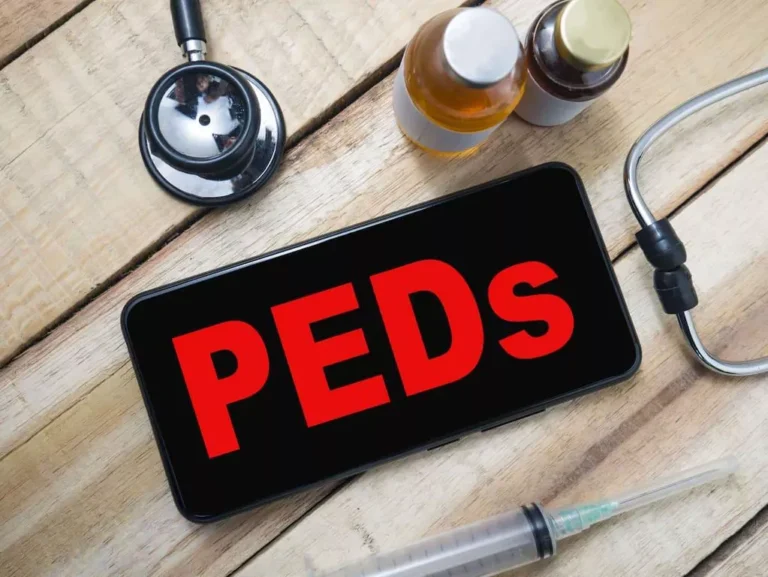Wine addiction almost always translates to excessive consumption and this excessive consumption has some side effects which sometimes are direct opposites of the benefits derived from moderate consumption. If you consume wine moderately, some of the antioxidants present in it can help your body burn brown fat and consequently help you lose weight as a result of the unique compounds. On the reverse side, excessive consumption of wine can make you gain excess weight. There is a lot of energy gotten from wine consumption, and most of it is just empty calories (i.e., sugar without nutritional value). With this considerably higher kilojoule density, there is a much higher amount of energy per gram found in wine than you would normally get from carbohydrates. Also with this level of consumption, you are stimulating your appetite with the alcohol, and so you get the ‘munchies,’ and you end up eating a lot more than you normally would.
Long-Term Effects
- The psychological effects of wine consumption are also well-documented.
- Our team does their best for our readers to help them stay informed about vital healthcare decisions.
- Heavy drinking causes health problems — regardless of the type of beverage.
- It is crucial to address wine addiction and promote responsible wine consumption.
This transformation of a healthy liver to nonfunctional disorganized fibrous tissue is called alcoholic cirrhosis of the liver. Unlike fatty liver, which is reversible in 4-6 weeks of complete abstinence, cirrhosis is a permanent change. Fatty liver occurs in 90% of people who drink more than ounces of alcohol a day.
- Many ‘experts’ point out that wine is not always harmful, and in fact, a little of it every day can help your stomach and ward off many illnesses, as the Good Book says.
- For women, more than three drinks on any day or more than seven drinks a week is heavy drinking.
- Using nicotine at a younger age creates a harder-to-kick habit, while priming the user for addiction in general, she says.
- When it comes to alcohol, if you don’t drink, don’t start for health reasons.
Addiction Treatment Programs

In this article, I will delve into the science behind wine addiction, share my personal observations, and offer a comprehensive viewpoint on this fascinating subject. If you are a heavy drinker, following a healthy diet and exercise routine will still be beneficial for your health, but not as much as getting your alcohol consumption under control, or abstaining completely. Many different subtypes of alcohol dependence exist, characterized by alcohol cravings, inability to abstain or loss of self-control when drinking (71).
The Physical Effects of Wine Consumption
- It’s common for a person with a wine addiction to buy bulk wine (boxed wine), or switch to hard liquor for the cost and potency.
- McCoy, 45, said his use of heroin, meth and alcohol caused him to shuttle between homelessness and jail until finding sobriety – and sticking with it − through a harm reduction program more than 14 years ago.
- Different varieties of poppy, with unique medicinal applications, were cultivated in the ancient world.
- Alcohol abuse causes bacterial overgrowth in the gut, promoting bacterial migration through the intestinal walls.
- The four standard ingredients of ancient Roman pharmaceuticals were oil, vinegar, wine, and honey.
His memoir, “Beautiful Things,” is all about hitting bottom after his brother Beau’s death in 2015 from cancer. But his lawyers say he did not consider himself to be an “addict” at the time he filled out the gun purchase form in 2018 to buy a revolver. The threats posed by different nicotine products are not equal, and it’s fair to say that tobacco-free products like Zyn (sold by Phillip Morris International Inc.) sit at the lower end of the risk spectrum. Indeed, tobacco companies are trying to position them as a harm-reduction tool, suggesting pouches can help curb smokers’ cigarette cravings. The jury is still out on that claim, although at first blush, Zyn doesn’t sound like such a bad idea. My dad was a lifelong smoker, and I’d much rather have been riding shotgun in an Oldsmobile 88 littered with Zyn cans than one stained with cigarette smoke — for his health and mine.
However, drinking alcohol every day can be a sign of alcohol use disorder (AUD), or lead to other health problems, especially if you’re drinking more than a single glass of wine every night. Moderate drinking is defined as at most one standard drink per day for women and at most two for men, while heavy drinking is defined as more than three drinks per day for women and four for men (80). In fact, your overall diabetes risk tends to drop with moderate alcohol consumption. However, when it comes to heavy drinking and binge drinking, your risk rises (53, 54, 55, 56). Heavy drinking and beer are linked to increased weight gain, while light to moderate drinking and wine are linked to reduced weight gain.
Around 54 million Americans live with osteoporosis or low bone mass, but many don’t recognize the symptoms until it is too late. Too much alcohol affects your speech, muscle coordination and vital centers of your brain. A heavy drinking binge may even cause a life-threatening is wine addictive coma or death. This is of particular concern when you’re taking certain medications that also depress the brain’s function. Many people with alcohol use disorder hesitate to get treatment because they don’t recognize that they have a problem.
Some women that drink alcohol during pregnancy prefer wine as they believe it to be less harmful to the fetus, although this is not proved by research. On the other hand, alcohol abuse and alcohol addiction are linked to severe negative effects on both physical and mental health. Keep in mind that your cancer risk may increase — regardless of how much you are drinking. Counseling can help people with wine addiction to understand the underlying causes of their addiction and to develop healthy coping strategies. Support groups can provide a safe and supportive environment where people can share their experiences and support one another in their recovery. Medication can help to reduce cravings and manage withdrawal symptoms.

Wine use may be hard to recognize as a problem because of the drink’s worldwide acceptability and availability. Excessive wine may result in an alcohol use disorder (AUD) such as alcohol use and alcoholism. Wine is a legal alcoholic beverage made using fermented grape juice without added sugar, water, enzymes, or acids. There are many different types of wine, each made from a different variety of grape and yeast strains.
